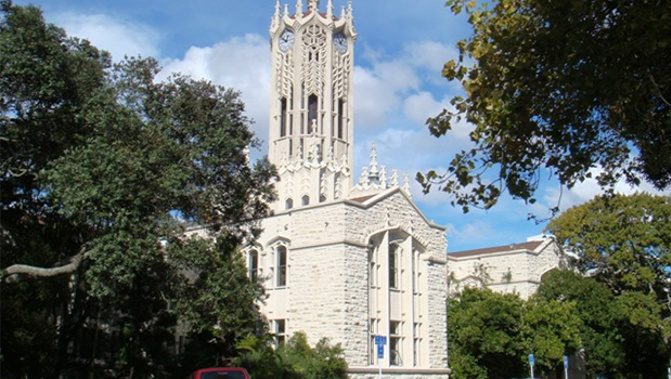
New Zealand universities are considering further policies around freedom of speech and academic freedom, after the University of Otago released a standalone statement on the issue.
It comes ahead of an expected change to the Education and Training Act 2020, as part of the
National-Act coalition agreement, which would require tertiary education providers receiving taxpayer funding to commit to a free speech policy.
The Free Speech Union said it has engaged with the majority of universities, most at a high level.
The University of Otago’s statement aims to give its community clarity and confidence about freedom of speech, and help staff and students engage with each other.
Free Speech Union chief executive Jonathan Ayling describes it as the “gold standard”.
Newstalk ZB asked the seven other universities whether they have a standalone policy on freedom of speech, or if work was underway to develop one.
The University of Auckland is assessing student and staff feedback on its draft Freedom of Expression and Academic Freedom policy and expects the final statement to be released in the coming months.
Lincoln University does not have a standalone policy relating to free speech, but the principle is referenced in several existing policies. Work to pursue a standalone policy is under consideration.
Victoria University of Wellington developed a draft Guiding Principles for Critic and Conscience Public Discourse, which is under staff consideration. A working group is considering perspectives and possibilities around how the university may articulate its position on freedom of expression, and outcomes are expected in a few months.
Massey University has approved an Academic Freedom Policy. Provost Professor Giselle Byrnes said they aim for discussion to be “mana-enhancing”, particularly where there is a difference of viewpoint, and they “support our academics in their role of speaking truth to power”.
The University of Waikato said its policy on free speech is effectively covered by existing policies and there are currently no plans to develop a separate statement or policy on the topic.
A University of Canterbury spokesperson pointed to the legal mandate in the New Zealand Education and Training Act 2020, and said it reinforces that with its Critic and Conscience of Society and Academic Freedom Principles and Policy. The university “emphasises academic freedom within legal boundaries, respecting diverse viewpoints while discouraging unethical behaviour”, the spokesperson said.
AUT has adopted a Charter of Academic Freedom and a spokesperson said its community has the right to free expression of opinion on matters of public interest, even if controversial.
Ayling said the Free Speech Union’s engagement with universities has been mixed.
“The longer vice chancellors or senior leadership teams are willing to engage in this conversation, the more they come to understand free speech as a critical feature of a university.
“It’s easy to think hate speech, harmful speech, we don’t want these ideas around we’ll just stop them. The question is, who gets to decide what is hateful or harmful, and how you go about stopping them.”
Hateful or harmful ideas should instead be challenged with counter speech, he said.
Shannon Johnstone is a journalist at Newstalk ZB based in Auckland covering education and general news. She joined Newstalk ZB in 2021 and previously worked at Hawke's Bay Today.
Take your Radio, Podcasts and Music with you









